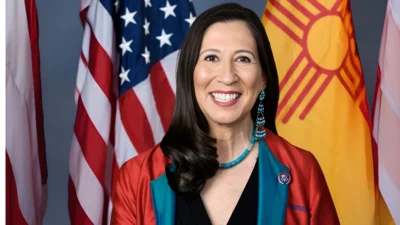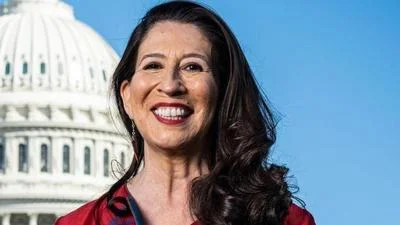Dutch Rojas, CEO of the Rojas Report, has expressed concerns that federal healthcare laws such as the Stark and Anti-Kickback Statutes unfairly benefit large health systems while discouraging competition from private practices. His statement was made on X.
"Did you know that the laws meant to prevent corruption in healthcare—like the Stark and Anti-Kickback Statute—are crushing private medical practices while fueling industry consolidation," said Rojas. "Health systems can pay primary care doctors or specialists for referring patients. This double standard gives health systems a massive advantage, driving private doctors into their arms. The Stark and Anti-Kickback Statute were designed to put private practices out of business."
Healthcare industry consolidation has raised alarms over rising patient costs, reduced competition, and pressure on independent doctors to affiliate with larger systems. According to experts, insurers and regulators are increasingly scrutinizing mergers because consolidation can increase bargaining leverage and reduce choice, complicating physician autonomy. Legal frameworks like the Stark Law and the Anti-Kickback Statute constrain how private practices may structure referrals, financial relationships, and incentives. These laws often act as guardrails but also introduce complexity as systems expand influence.
In 2024, only 42.2% of U.S. physicians worked in wholly physician-owned private practices—a decline from about 60.1% in 2012—while the share in hospital-owned practices rose to about 34.5%. Simultaneously, just 35.4% of physicians reported having an ownership stake in their practice, down from 53.2% in 2012, evidencing shrinking independent ownership. These figures were reported in the American Medical Association’s 2024 Physician Practice Benchmark Survey.
Empirical studies of hospital system mergers suggest price increases of 6–17% for services in merged markets, even when direct overlap in service lines is limited, with minimal corresponding gains in care quality. Other analyses show consolidation gives stronger bargaining leverage over insurers, resulting in higher reimbursement rates for hospital systems post-merger. These outcomes help explain policy proposals for site-neutral payment and stricter antitrust enforcement in healthcare markets.
Rojas is a healthcare entrepreneur and commentator who leads the Rojas Report with a focus on preserving physician autonomy, transparency, and alternative practice models. He also founded ReKlaim Health, a platform that supports physician-owned practices by consolidating administrative functions and negotiating risk deals. He argues against the "sell or die" model dominating healthcare.
The Rojas Report is a healthcare commentary platform founded by Dutch Rojas that analyzes market dynamics, consolidation, and policy in U.S. health care. Its mission is to provide independent insight, critique dominant narratives, and promote clinician-centric alternatives to corporate health systems.








